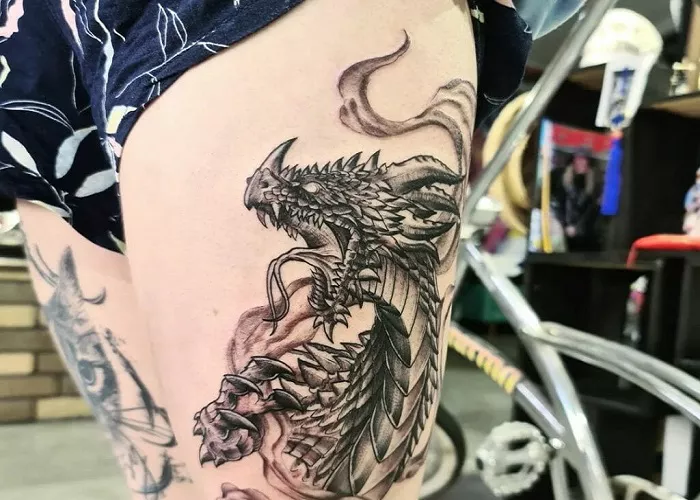In the narrow alleys of Dalal Mohalla, Srinagar, grief has taken residence. The death of 14-year-old Numan Farooq Sofi has shattered a neighborhood and raised urgent questions about how schools treat students who don’t conform.
Numan, a student at the Kashmir Harvard Educational Institute, was found dead in his home earlier this week. Family members say he died by suicide — driven to despair by repeated humiliation at school over tattoos he had inked on his body.
Orphaned at a young age, Numan was raised by his deaf father and older siblings. His sister, Mehwish, says the boy was trying to remove the tattoos after the school objected to them.
“They kept calling us in,” she recalled. “They said the tattoos were a problem. They wanted a written affidavit — a promise he wouldn’t do it again. But he had already started laser removal. He’d gone for four sessions. What more did they want?”
Outside the Sofi home, small groups of neighbors stand in silent mourning. Known for being artistic and gentle, Numan was well-liked, even if he rarely spoke much. His sudden death has left the community both heartbroken and angry.
“They Broke Him”
“This wasn’t suicide,” said Suhail Ahmad Kaul, president of the local mosque. “It was a slow death by humiliation. Even if a child makes a mistake, should we punish him with shame?”
Kaul alleges that the school singled Numan out. “They pulled him from class, made him sit in the office, shamed him in front of others. That kind of treatment breaks a child.”
The issue, he said, wasn’t the tattoos themselves, but the harsh response. “A school should educate, not humiliate. This is not a prison.”
While tattooing is generally discouraged in Islam, Numan’s family says faith was never the focus. What mattered, Mehwish said, was compassion.
“We’re not saying tattoos are right,” she explained. “We’re saying: don’t destroy a child over them.”
She described the tattoos as small and personal — coping mechanisms after the death of their mother. “He didn’t drink. He didn’t smoke. This was his way of dealing with pain.”
A School’s Silence
In the wake of Numan’s death, the family says the school has remained silent.
“No condolence message, no phone call, not even a post,” said Mehwish. “It’s like he never existed.”
The school has publicly denied any wrongdoing. A senior official from Kashmir Harvard told local media the claims were “baseless and deeply hurtful.”
“He was our student. We are heartbroken by his death,” the official said. “We treat students with respect. There was no harassment. There was never a plan to expel him.”
The official added, “Personally, I don’t believe tattoos are a crime. But this is a school — we expect discipline.”
A Larger Conversation
Many in the community remain unconvinced. The school’s response, they say, reflects a broader institutional mindset — one that emphasizes discipline over empathy, and order over emotional support.
“How should schools handle issues like self-expression?” asked social worker Shazia Mir. “What mental health resources are offered to children who are grieving, coping, or confused? And when tragedy strikes, what accountability do institutions bear?”
For Numan’s family, the questions are personal — and the pain is still raw. “He was a good boy,” Mehwish said softly. “He just wanted to be seen, not punished.”
Related topics:

